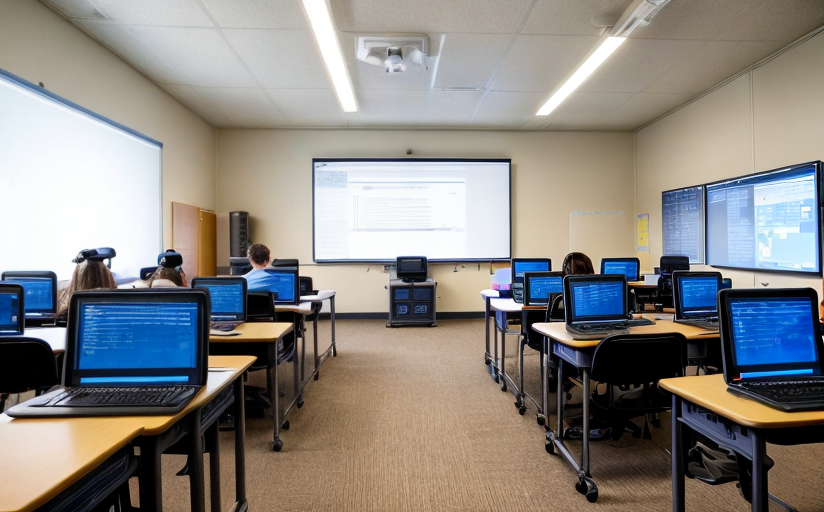The Impact of Advancements in Technology on Modern Education
There is no denying that the latest technological advances have brought about revolutionary changes not only in our daily lives but also in the world of education. This comprehensive exploration delves into how technology has shaped education in contemporary society and where it could lead us in the future.
Accessibility of Digital Resources
One of the most significant impacts of technology on education is the unprecedented accessibility to digital resources. Gone are the days when learning was restricted to textbooks and libraries. Today, students can access a wealth of knowledge from online libraries, e-books, educational websites, and even educational videos on platforms like YouTube. This has democratized education, allowing anyone with an internet connection to learn virtually anything they wish to.
Artificial Intelligence in Personalized Learning
Artificial intelligence (AI) has made personalized learning a reality. With AI, educators can identify learning patterns and modify teaching methods to optimize understanding and retention. This new form of learning is proving more effective because it takes the learner's strengths and weaknesses into account, shaping the learning process to their advantage.
The Advent of E-learning
E-learning has vastly expanded the reach of education. It allows individuals to learn at their own pace and on their own time, breaking the barriers of geography and tight schedules. The recent pandemic has proven the worth of e-learning platforms as millions of students across the globe were able to continue their education through online classes and courses.
Incorporation of Multimedia into Curriculum
Multimedia elements like videos, interactive graphics, and animations have made learning more immersive and engaging. Concepts that were once challenging to grasp with text alone are now easily understood thanks to visualization and real-time simulations.
Positive and Negative Implications
While the impacts of these advancements are largely positive, there are also downsides to this transformation. The digital divide is a significant cause for concern. Students who lack access to reliable internet and modern devices are disadvantaged. Over-reliance on technology also risks eroding fundamental skills such as penmanship and basic arithmetic.
The Future of Educational Technology
Looking ahead, we can expect further integration of technology in education. The future may see the rise of virtual reality in classrooms, expanding on the concept of immersive learning. We may also witness the growth of AI and machine learning not just in creating custom learning experiences, but also in grading and providing feedback to students.
Conclusion
In conclusion, the role of technology in education is substantial and transformative, albeit with its own set of challenges. As we move forward, it is crucial to strike a balance between leveraging these advancements and preserving the timeless aspects of traditional learning.



















Comments
Leave a Comment